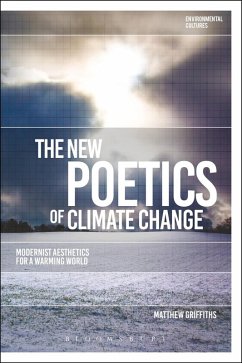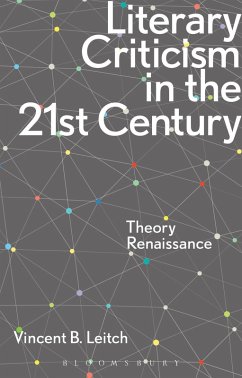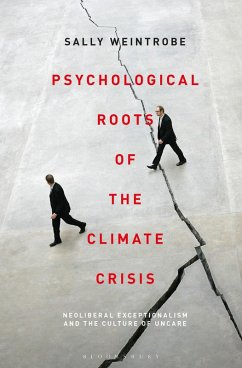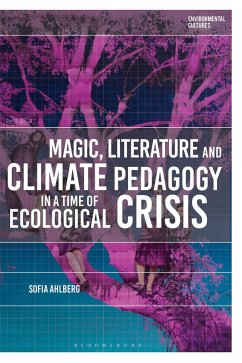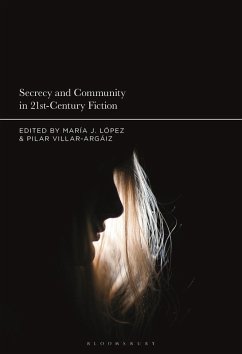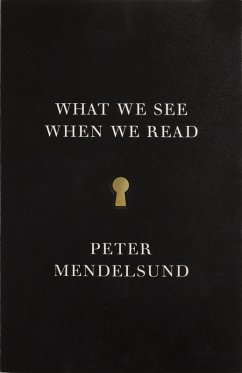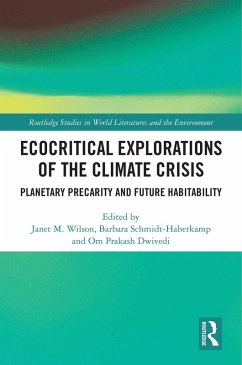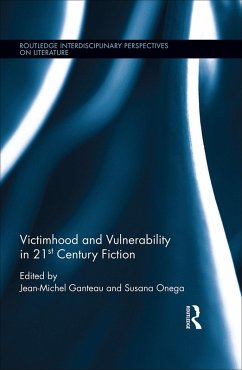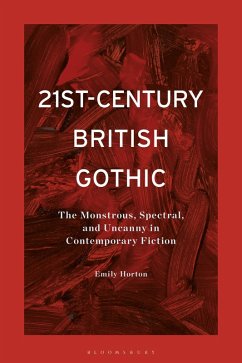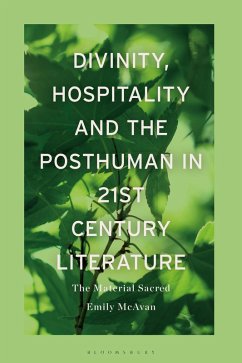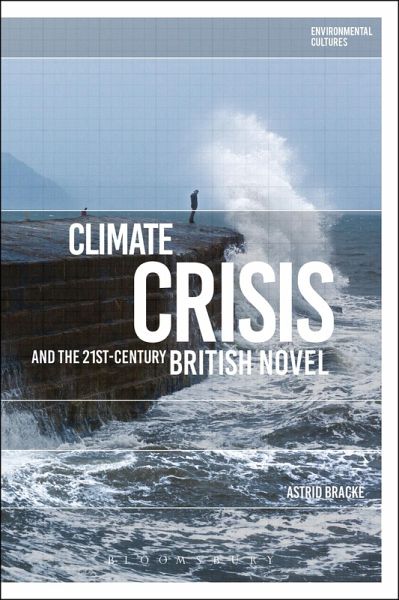
Climate Crisis and the 21st-Century British Novel (eBook, ePUB)

PAYBACK Punkte
12 °P sammeln!
This book is available as open access through the Bloomsbury Open Access programme and is available on www.bloomsburycollections.com. The challenge of rapid climate change is forcing us to rethink traditional attitudes to nature. This book is the first study to chart these changing attitudes in 21st-century British fiction. Climate Crisis and the 21st-Century British Novel examines twelve works that reflect growing cultural awareness of climate crisis and participate in the reshaping of the stories that surround it. Central to this renegotiation are four narratives: environmental collapse, pas...
This book is available as open access through the Bloomsbury Open Access programme and is available on www.bloomsburycollections.com. The challenge of rapid climate change is forcing us to rethink traditional attitudes to nature. This book is the first study to chart these changing attitudes in 21st-century British fiction. Climate Crisis and the 21st-Century British Novel examines twelve works that reflect growing cultural awareness of climate crisis and participate in the reshaping of the stories that surround it. Central to this renegotiation are four narratives: environmental collapse, pastoral, urban and polar. Bringing ecocriticism into dialogue with narratology and a new body of contemporary writing, Astrid Bracke explores a wide range of texts, from Zadie Smith's NW through Sarah Hall's The Carhullan Army and David Mitchell's Cloud Atlas to the work of a new generation of novelists such as Melissa Harrison and Ross Raisin. As the book shows, post-millennial fictions provide the imaginative space in which to rethink the stories we tell about ourselves and the natural world in a time of crisis.




